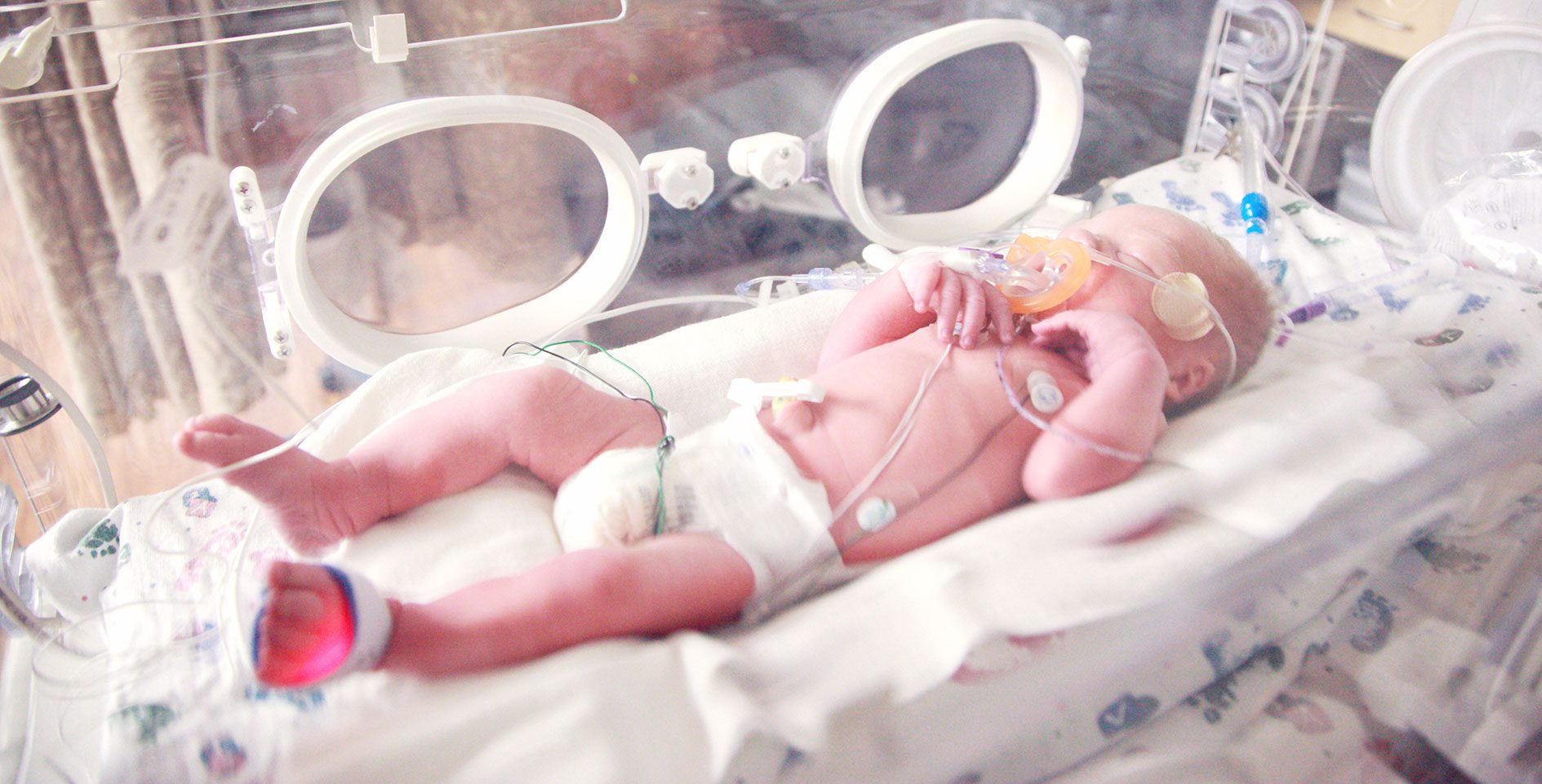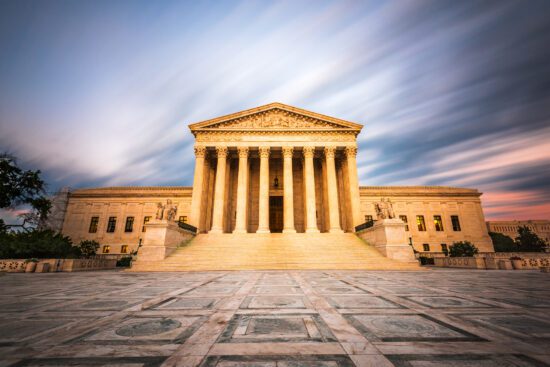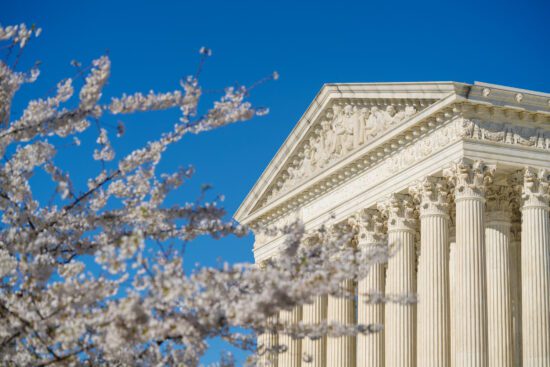On Tuesday, Representative Ann Wagner (R–Mo.) and House Minority Whip Steve Scalise (R–La.) hosted a minority hearing on the Born-Alive Abortion Survivors Protection Act to highlight the egregious fact that the bill has yet to receive a vote on the House floor. This ought to shock the conscience.
The bill seeks to protect children who survive an attempted abortion procedure and are born alive. If passed, the new law would require that abortion survivals be reported to law enforcement by the medical staff involved and that the surviving child be treated with the same level of medical care standard for any other child born prematurely. According to the bill’s sponsor, Rep. Wagner, this legislation also takes the critical step to, “give the mother of the abortion survivor a civil cause of action and protection from prosecution, recognizing that women are the second victims of abortion and promoting the dignity of motherhood.”
The debate this year in Washington over infanticide is rightly shocking to many because it tragically flows from the abortion industry’s advocacy for late-term abortion in states like New York and Virginia. Those events shed light on how this legislation is as needed as it is commonsense. And yet when the bill was up for a vote in the Senate in February with the leadership of Senator Ben Sasse (R–Neb.), the measure failed 53-44. Since that vote, pro-life members of the House began an effort to force a vote in their chamber as well.
In April, Whip Scalise and Rep. Wagner filed a discharge petition in an effort to force the House of Representatives to vote. The petition must receive 218 signatures, a simple majority, to receive a floor vote. Each legislative day, a representative took to the floor and asked for unanimous consent for floor consideration of the Born-Alive bill. According to the Republican’s Born-Alive Act Tracker, the discharge petition immediately received signatures from 193 members of Congress, including two Democrats, “the highest number to sign a discharge petition in the first 24 hours in at least 22 years.” As of last count, the petition has attracted 201 signatures, just 17 short of a simple majority.
Witnesses to the worth of a child’s life
The title of this week’s hearing was “End Infanticide: Examining the Born Alive Abortion Survivors Protection Act,” and over 40 representatives participated. The members of Congress learned from medical professionals about the dangers of leaving these vulnerable infants outside the protection of the law. The witnesses included Jill Stanek, RN, a nurse who found an abortion survivor; Dr. Robin Pierucci, MD, a neonatologist and medical director of a 50-bed neonatal intensive-care unit; Dr. Kathi Aultman, M.D., a retired OB-GYN and former abortion provider; and Tessa Longbons, a research associate at The Charlotte Lozier Institute.
According to Whip Scalise, the hearing examined the bill and “its continued relevance to the debate regarding the protection of human life in the United States amid the Democrat Majority’s refusal to allow its consideration even though it is a commonsense bill supported by 77 percent of Americans and 70 percent of Democrats.” Notably, during the hearing several Democrats who signed this Republican-led petition were given special praise for reaching across the aisle to do what was right despite potential political harm from the abortion lobby.
The hearing highlighted the horrific practice of abortion providers leaving the born-alive child to die either from exposure or oxygen deprivation. If any other child of the same gestational age was born prematurely, and not elected for abortion, they would be given a much different standard of care including resuscitation, lung medication, and warmth, as premature infants lose heat very quicky.
Rep. Chris Smith (R–N.J.) was sure to note the importance of requiring that abortion survivals be reported because only seven states are currently keeping track. Without this reporting, Planned Parenthood and the abortion lobby can continue wielding this lack of information to maniuplate public opinion, claiming that survival from late-term abortions are so rare as to be negligible.
Former abortion provider Dr. Aultman pointed to data from the Centers for Disease Control (CDC) that over 8,000 late-term abortions were performed in 2015 with 23 abortion survivals reported in Florida since 2013. Likewise, researcher Longbons explained that the CDC also found 143 confirmed instances of a child being born alive after an abortion procedure only to die later outside the womb. And Stanek shared how the hopsital where she was previously employed as a nurse estimated that 10-20% of abortions will fail to kill the child in the womb.
To the notions that children do not survive abortions, Dr. Aultman pointed to cases like Melissa Ohden, an abortion survivor who was recently interviewed on ERLC’s Capitol Conversations, and how over 300 abortion survivors are in contact today with the Abortion Survivors Network.
Dr. Aultman also dismantled the argument, barbaric as it may be, that modern techniques are always able to kill the child in the womb so this bill is just political messaging. She referenced a 2018 study from Europe published in Obstetrics and Gynecology in which “researchers reported a fetal survival rate of 50% when a feticide was not used in second trimester terminations between 20-24 weeks on babies with fetal or genetic anomalies.”
Stanek’s own experience speaking out against this kind of infanticide began when she came across a fellow nurse in her hospital who had been asked to leave a child who survived an abortion in a utility room to die. She stayed with the child through the last moments so the child wouldn’t die alone.
While many of her descriptions during the hearing were disturbing stories of neglect and disdain for the life of the child, what stands stranger and more terrifying is her description of “Comfort Care.” Stanek noted that this practice is similar to what was described earlier this year by Virginia Gov. Ralph Northram. When discussing late third-trimester abortions, Gov. Northam said, “If a mother is in labor, I can tell you exactly what would happen, the infant would be delivered. The infant would be kept comfortable. The infant would be resuscitated if that’s what the mother and the family desired, and then a discussion would ensue between the physicians and the mother.” Stanek explained how the Comfort Room of her former hospital had stations for taking a photo with the dying child, making baby bracelets, getting the footprints of the child on a memento, and for procuring the supplies to even baptize the child, before ultimately leaving them to die from exposure with no attempt to save them.
As the members of Congress and the medical professionals discussed such horrific stories in graphic detail, each witness affirmed the inherent dignity due to these children because of their undeniable personhood. This is what makes this so tragic. Less optimistic points of the event focused on how these children can feel the pain of these procedures and how parents grieve over the death of any one of their children. Not to be missed were the powerful stories of children who survived horrific conditions, such as elected abortion, and are now thriving in adulthood, enjoying the life God has given.
This moment in American life may well cause some in the pro-life community to despair, but there are reasons for hope all around us if we look for them. In the very state that sparked this current debate is a reminder of the human dignity of the unborn. At the base of the One World Trade Center, New York memorialized the thousands of lives our country lost 18 years ago this week. Among those souls lost to eternity that tragic day were 11 women expecting children. Forever etched in stone at the memorial reads the name of the expectant mother “and her unborn child.” Here, New York is right, and we join them in grieving the loss of both precious lives because both were made in the image of God.
The pro-life work for human dignity is a long arc, but the work is worth it.
ERLC Intern Ben Arildsen contributed to this article.










